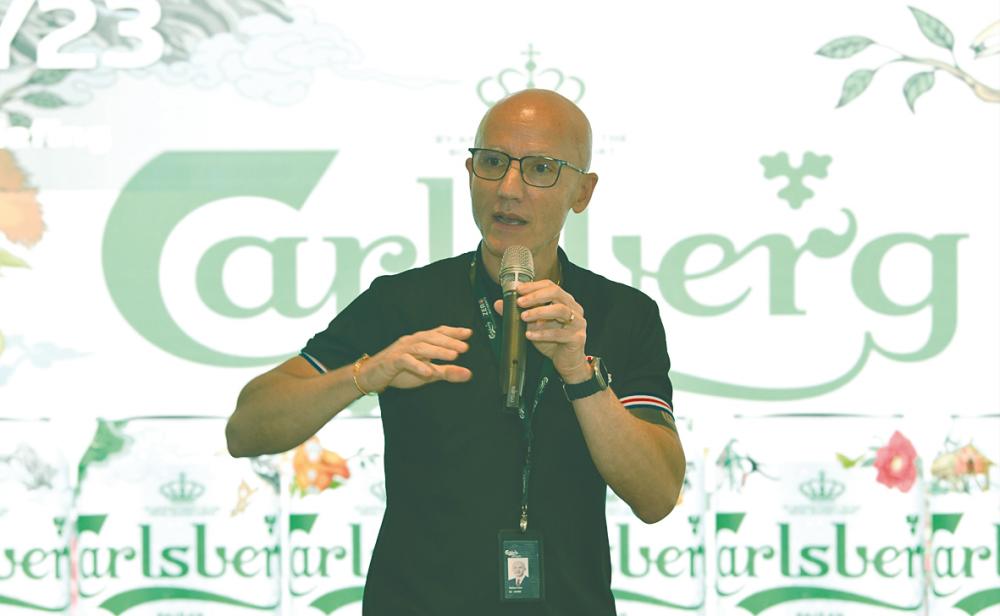PETALING JAYA: Carlsberg Brewery Malaysia Bhd registered a net profit of RM88.24 million for the second quarter ended June 30, 2023 (Q2’23) compared with RM88.95 million in the same quarter last year, amid a weaker trading environment.
Revenue decreased to RM506.73 million from RM574.23 million.
“The group’s lower performance is also attributed to the higher base observed in Q2’22 driven by the higher trade demand ahead of the price increase in July 2022, coupled with the post-Omicron recovery and pent-up consumer demand,” said the group.
For the six-month period, net profit declined slightly to RM173.28 million from RM180.53 million.
Revenue decreased to RM1.17 billion from RM1.23 billion in the same period last year, due to the earlier timing and shorter sales period for the Chinese New Year celebrations this year as well as the weaker consumer sentiment.
Earnings were also impacted by higher input costs and increased marketing expenses.
The group declared an interim dividend of 22 sen per share for Q2’23, which brings the total first half interim dividend per share of 43 sen.
Managing director Stefano Clini said the results were mainly affected by a decline in consumer off-take, driven by growing concerns over the escalating cost of living, especially the rising food prices amid the backdrop of global economic uncertainty.
“Additionally, consumer sentiment has been impacted by the higher interest rates in Malaysia and Singapore, which further exacerbated the weak consumer spending during this period,” he said in a statement today.
Moving forward, it observes a cautious outlook as the anticipated higher inflationary pressures and geopolitical tensions will continue to pose challenges and dampen consumer spending. However, the end of the Prosperity Tax 2022 will positively impact the group’s net profit.
“Guided by group’s SAIL’27 strategies, the group will continue to strengthen its mainstream beers, step up on premiumisation, drive alcohol-free brews as an alternative for consumers who prefer nonalcoholic beverages and stay focused on both revenue and cost optimisation initiatives,” said Clini.









